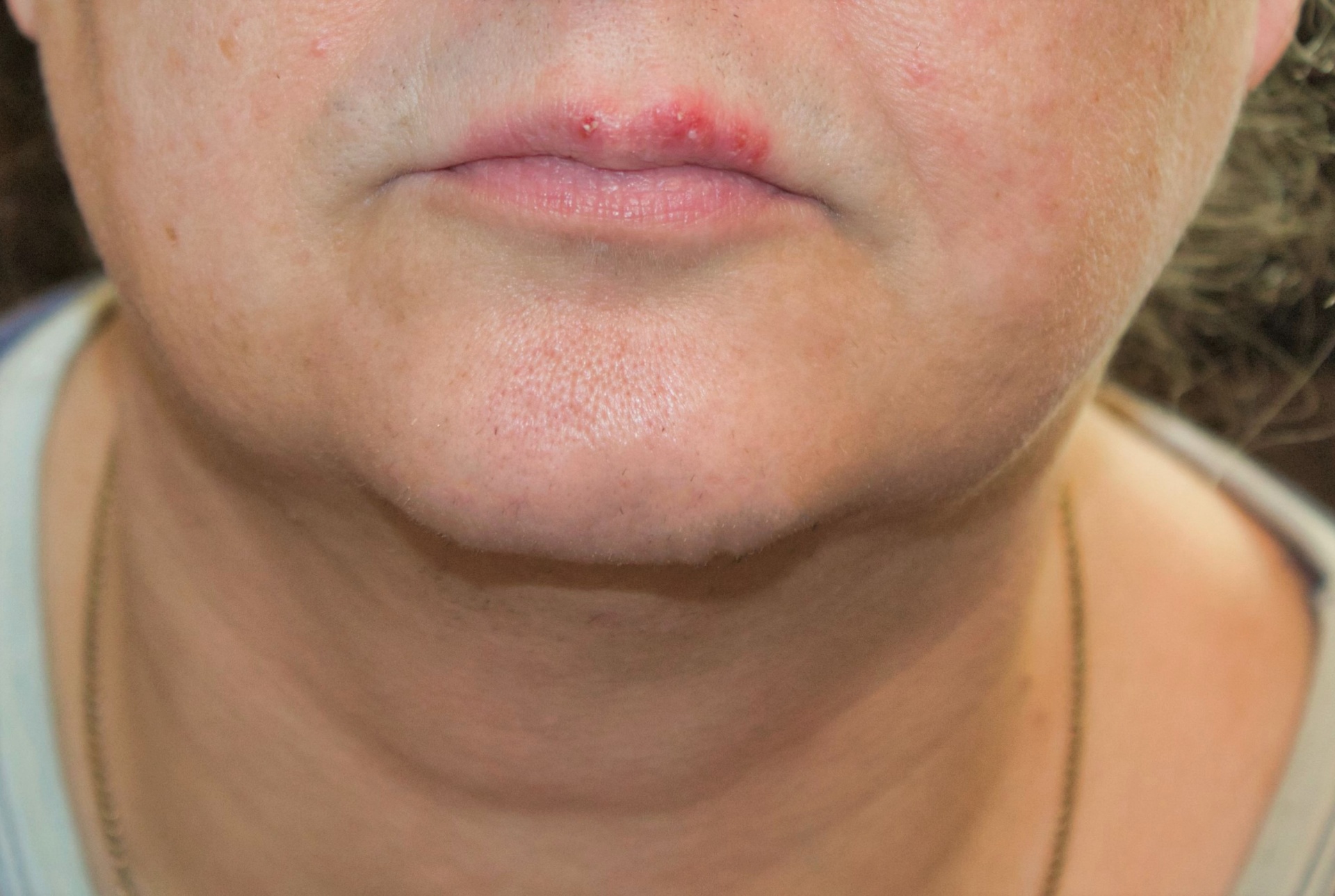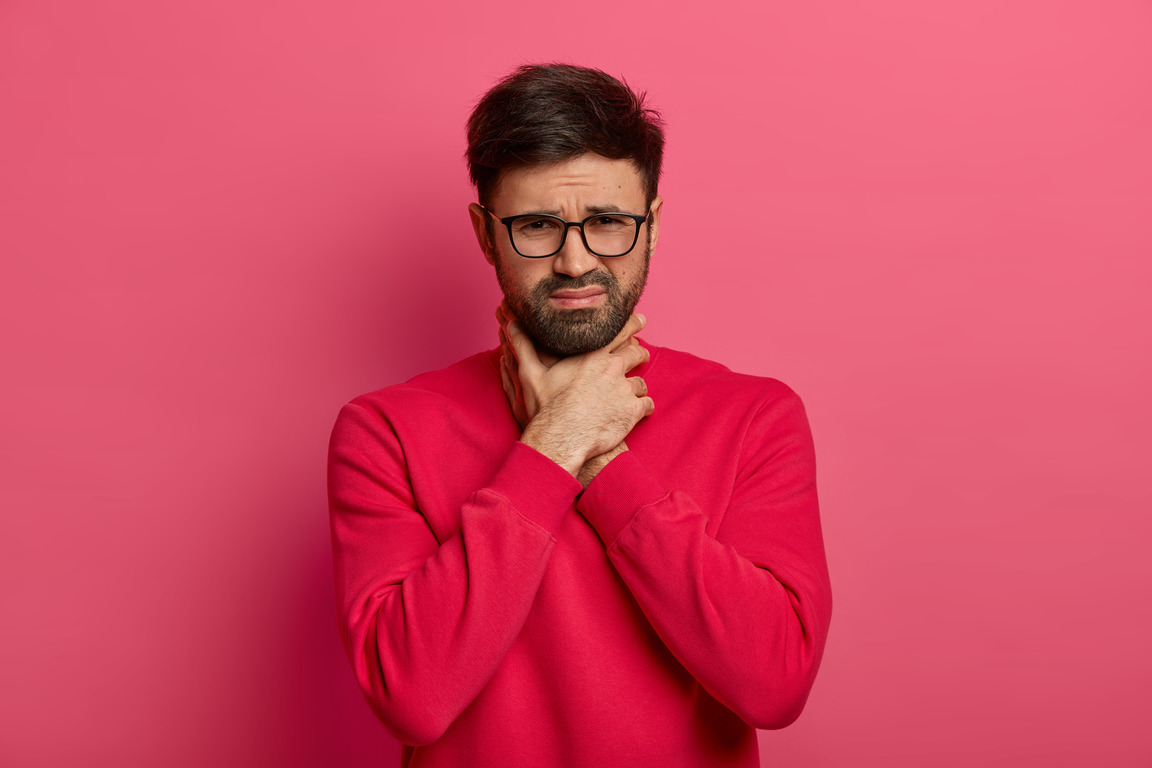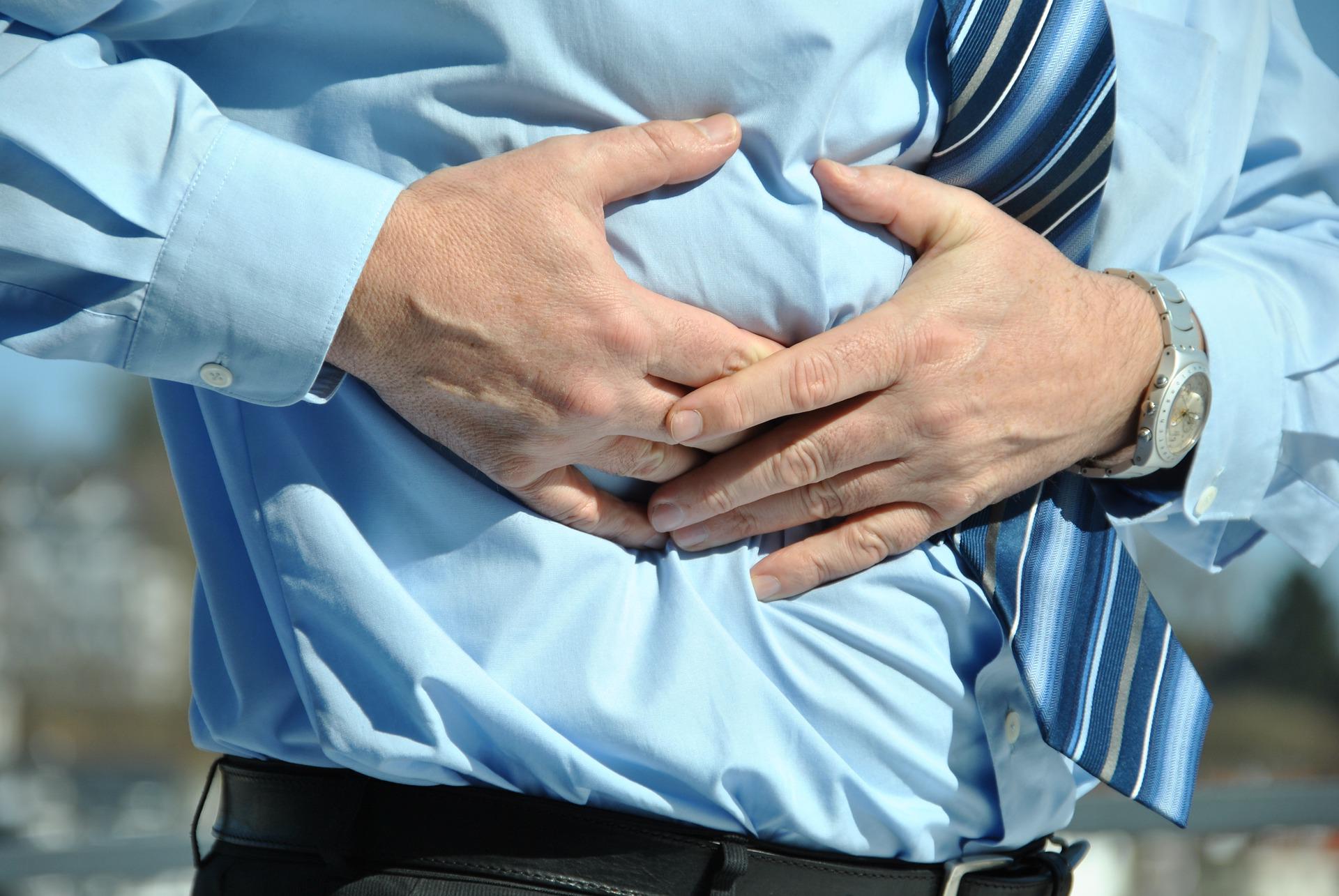A cluster of tiny, uncomfortable blisters called a cold sore is brought on by the herpes simplex virus (HSV). Around the globe, up to 90% of people have one or more than one form of HSV. The symptoms are typically the worst the first time you have cold sores.
A toddler can become critically unwell from their first cold sore. Your body should produce antibodies after the initial outbreak, and you might never contract the virus again. However, a lot of people experience recurrent cold sores.
Cold Sore Stages:
Many people experience worse symptoms the first time they get a cold sore. When a cold sore breakout occurs:
- A typical initial symptom of an early stage cold sore is a tingling, stinging, or itching feeling on or around the lips that usually starts 12 to 24 hours even before the cold sore stages appear.
- As the blisters develop, the area gets red, puffy, and painful.
- Over two to three days, the blisters erupt and leak clear or mildly yellow fluid. Sometimes, this is referred to as the “weeping period.”
- The cold sore on the lip crusts and scar tissue over about four to five days after it emerges. As it heals, it can rupture or bleed.
- After a few days, the scab peels off to reveal skin that might be a bit pinkish or reddish than usual. All cold sore stages often take 1-2 weeks to heal completely.
What causes cold sores?
Herpes simplex virus type 1 spreads quickly. You can contract the virus through direct personal contact with an infected person. This comprises:
- Personal contact
- Kissing
- Sharing meals or beverages
- Sharing goods like towels, razors, and lip balm
How does a cold sore start?
Once you have contracted HSV-1, you will always have the virus. This is because it continues to be dormant (inactive) in a collection of nerve fibers in your face.
The virus “wakes up” and flows down your nerves to your mouth, where a cold sore manifests when triggered or activated. The virus returns to slumber in your body after an outbreak. What causes an eruption of a cold sore for one person may not occur in another. Some HSV-1 carriers never have a cold sore.
When to visit a doctor?
Visit a doctor if your cold sore:
- travels to your eye,
- comes along with fever,
- doesn’t go away in a week or two,
- and is surrounded by skin that is crusted or leaking
Risk Factors for Cold Sores
Although cold sores are typically not severe, the infection could be fatal for someone with a compromised immune system due to AIDS, another illness, or drugs.
You might develop cold sores all over your body if you have a severe case of the skin ailment eczema.
Complications of Cold Sores
Complications from cold sores are rare, but they can happen if the virus spreads to other parts of your body, like your:
Fingers: Herpes whitlow is the name of this infection.
Genitals: On your genitals or anus, you could have warts or ulcers.
Other skin regions: Consult a physician immediately if you suffer from eczema and develop a cold sore to prevent the dangerous disorder dermatitis herpeticum. Large portions of the skin are covered in this unpleasant rash.
Eyes: The corneal infection of HSV keratitis can result in blindness.
Spinal cord or the brain: Meningitis and encephalitis are severe forms of inflammation that the virus can cause, particularly in those with compromised immune systems.
How long are the cold sores contagious?
Adults in the United States are frequently infected with HSV-1, the virus that triggers cold sores. From the first symptom, cold sores are highly contagious. The sore often takes 1-2 days to become noticeable. Sores require up to 15 days for the infected area to fully heal.
During an infection, individuals must take precautions to prevent virus transmission. Symptom relief may be achieved by using home remedies. In addition, medical procedures can lessen discomfort and hasten the healing process if ineffective.
How can cold sores be avoided?
You should use the following caution to prevent contracting HSV-1:
- Kissing, sexual activities, and oral sex shouldn’t be done when a person has a cold sore.
- Never share anything with anyone, including straws, lip balm, lipstick, dishes, or razors.
- When touching your mouth, eyes, or genitalia, wash your hands.
Bottom Line
When cold sores are still open and not cured, HSV is most contagious. But the infection might also spread during or after the sores show up.
When you have cold sores, it’s best to exercise caution:
- AVOID sharing dishes and toiletries.
- While the sores are active, stay away from touching other people physically.
- Don’t distribute the medications you use to treat cold sores.
- After you’ve treated a cold sore, wash your hands.
FAQ’s
1. How common are cold sores?
Cold sores are common. The virus that triggers cold sores has infected more than 50% of people in the US, despite the fact that many do not experience any symptoms or acquire cold sores. Cold sores appear in 20 to 40% of those who have the infection.
2. Who is infected by cold sores?
The virus that induces cold sores can infect people of all ages. In addition, the virus is frequently exposed to children.
Although a cold sore can appear at any age, the likelihood of getting one beyond 35 reduces.
3. What are the stages of a cold sore?
24-48 hours: Before a blister appears, more than 85% of individuals encounter symptoms like tingling, tightness, discomfort, or itching around the lip.
Days 2-4: Several red, fluid-filled sores will start to develop. This is an indication that the infection has become active, is spreading, and that the body is starting to respond.
Days 4-5: The blisters could rupture and bleed. Tenderness, pain, and a burning feeling may also accompany these blisters.
Days 5-8: The uncovered and inflamed sores will dry out and begin to scab over as the body begins the healing process, resulting in itching, cracking, and potential bleeding.
Days 8–10: The scabs will break off, and new skin will show once the body gets the virus under control.
4. How long does cold sore last?
Before it cures, a single cold sore will persist for 1-2 weeks. Although the cold sore may go away, the virus that produces them will still be present in the body.
5. Can you have the cold sores again?
Sometime later, and maybe recurring, a cold sore eruption could happen. If the initial infection does, however, produce symptoms, they may be quite severe.
6. Are cold sores contagious?
From the time you notice tingling or other symptoms of a cold sore developing until the cold sore has fully healed, they are communicable.




